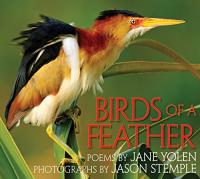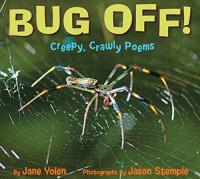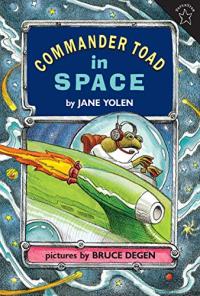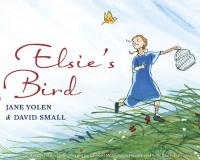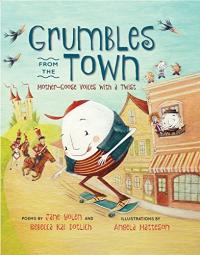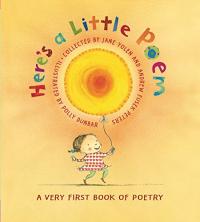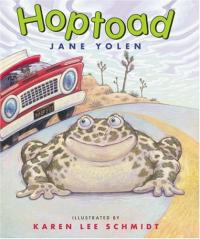
Biography
Jane Yolen has been reading, writing, and telling stories for most of her life. As a young girl, fairytales and folktales stirred her imagination. As an adult, Yolen has captivated children with her own versions of magic, mystery, and lore. Newsweek once referred to Yolen as “America’s Hans Christian Andersen.” In over 40 years, Yolen has published more than 250 books. “I know that sounds like a lot of books,” she says, “but I remember writing them each, one at a time.”
Jane Yolen’s best known books include Owl Moon, How Do Dinosaurs Say Good Night?, The Devil’s Arithmetic, and the Pit Dragon Trilogy.
Writing from the start
Jane Yolen was born in New York City in 1939. Both of her parents were writers and so were most of their friends. While still in preschool, Jane composed her first poem. “I love to recite my first poem to kids when I talk to them – because it was so bad that I tell them that, clearly, they’re writing better poems than that.”
Yolen’s writing did improve throughout her school years. In the first grade, she wrote the class musical. In high school, she won a Scholastic poetry contest. At Smith College, Yolen won awards for her poetry and journalism. After graduation, Yolen moved to Manhattan to work in the publishing industry. Soon thereafter, at age 22, she sold her first book, Pirates in Petticoats.
Since then, Yolen has published over 250 books, including folktales, fairytales, science fiction, poetry, informational books, picture books, young adult novels, and more. Yolen’s books have won numerous awards, appeared on bestsellers lists, and some have been converted into movies. Yolen has also played an active role in literary organizations such as the Science Fiction Writers of America, the Western New England Storytellers Guild, and the Society of Children’s Book Writers and Illustrators.
Jane Yolen and her husband divide their time between western Massachusetts and St. Andrews, Scotland.
Find this author’s books on these booklists
Themed Booklist
April Delights
Themed Booklist
Dinosaurs Rule!
Themed Booklist
Expressions of Love
Themed Booklist
Fabulous Fathers
Themed Booklist
Good Night, Sleep Tight!
Themed Booklist
Holiday Buying Guide 2004
Themed Booklist
Holiday Buying Guide 2005
Themed Booklist
Holiday Buying Guide 2007
Themed Booklist
Holiday Buying Guide 2008
Themed Booklist
Holiday Buying Guide 2009
Themed Booklist

